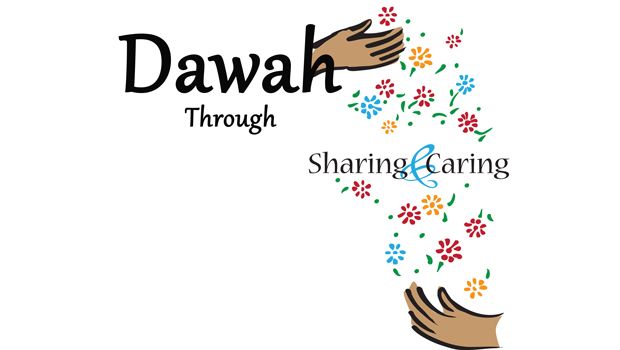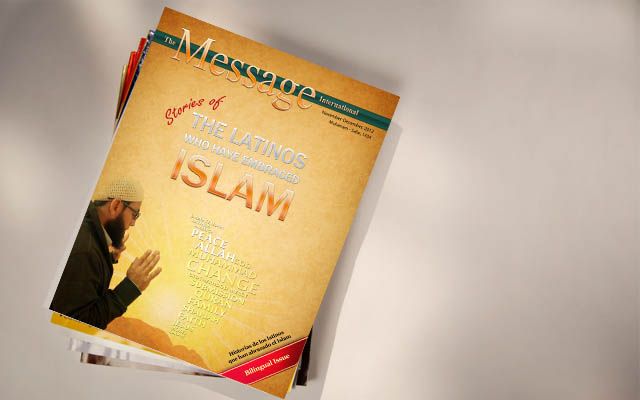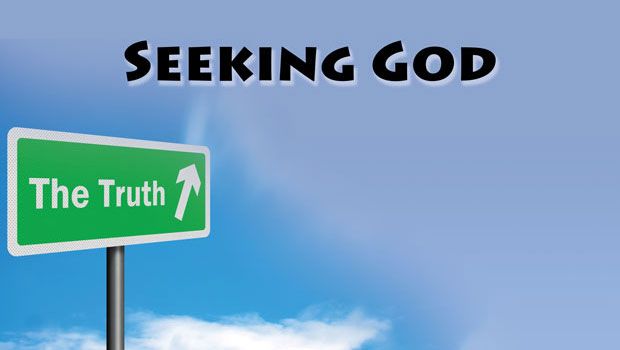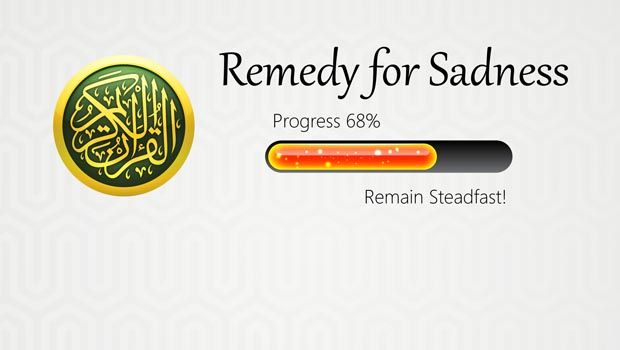“Have you ever seen a tornado up close? It’s the most awesome thing I’ve seen in my life. It’s like coming face-to-face with God in a bad mood.” That was what a professor of mine said when I was still in college some three years ago and since then Al-humdu lillah, I’m happy to say I’ve still never seen a tornado except on TV or in a movie. But, I did see the aftermath of one in late April in rural Mississippi a few days after a series of tornadoes had barreled through the southern United States, causing extensive damage in four states.
As a resident of New York City, I had experienced two hurricanes in the past few years – the latter one with a benign-sounding name being particularly ferocious. Sandy flooded my neighborhood but thankfully it didn’t reduce any houses to a pile of planks. So, while I thought I knew what to expect once I landed in Tupelo, Mississippi, the state’s seventh largest city, seeing the damage with my own eyes was surreal.
Whole sections of restaurants, hotels, and other businesses were obliterated, leaving nothing but a mass of upturned wood and broken furniture scattered nearby, their once towering sign boards now lying flat on the dirt. Many homes had trees fallen through their roofs while the neighboring house was untouched by damage. Seeing one building’s roof blown off and its structure reduced to tragic ruins while the one only a few yards away stood as perfectly charming as a quaint Southern home would be, baffled the mind. You saw an ayah, a sign, of Allah’s Power and Wisdom right in front of you. While one family would be crying out to Him in devastation, the other would be thanking Him as they breathed out sighs of relief. As the Qur’an says, Quran 2:155).
Across the state of Mississippi 14 people died, mostly in rural areas. Through ICNA Relief USA, a domestic Muslim faith-based agency actively participating in disaster response, I was on the ground in the state to document their work as they began their post-tornado recovery efforts. By the grace of Allah, ICNA Relief has helped many and its work has been recognized at the federal, state, and local levels of government and by their VOAD (Volunteer Organizations Active in Disasters) partners.
ICNA Relief always makes sure to reach out to the local Muslim community anytime its Disaster Response Team is deployed for recovery work in any particular area. This time it was very difficult to make contact with an Islamic center ahead of time because tornado warnings were in effect in the South in the following days after the tornadoes had first hit. Br. Arif Ali, ICNA Relief’s Disaster Response team Lead, drove all the way from Florida to Masjid Abraham, in Tupelo. When he pulled up to the masjid, a man came rushing out to his car.Br. Arif says that he thought he was perhaps parking in the wrong area. But the man, Br. Abdul Raheem Khan, acting imam of a masjid whose congregants consist of only 20 families, simply said, “Alhumdulillah, you’re here. How did you know we needed help?”
The masjid was more than happy to let ICNA Relief’s Disaster Response Team, along with volunteers from Florida, set up camp in its facility while they began tornado recovery work in the surrounding towns like Marietta. The team, working alongside NECHAMA, a national Jewish disaster response agency, cleared up debris from damaged houses and used chainsaws to get through thick fallen trees. They also tarped houses whose roofs were damaged. One homeowner was so grateful, telling Imam Rafiq Mahdi, another ICNA Relief Disaster Response Team Lead from Tennessee, “You’ve really changed hearts and minds. You changed my heart and mind.”
Living in the North you hear many things about the South being ultraconservative and the people being close-minded, wary of outsiders. Though I definitely got more stares due to my hijab, there was barely a person who did not smile at me after I greeted them. After a particularly hot day working on a mobile home that had flipped over on to its topside and crashed into an electric pole, the homeowners provided sandwiches for all 15 of us, including Br. Abdul Raheem Khan and his mother-in-law who had turned out to volunteer. The homeowners’ kids (who were very polite, calling us sir and ma’am) rushed to supply us with paper plates and cups, while their father Robert, who went by “Bubba,” offered us yellow-frosted cupcakes to top off our meal. Southern hospitality is real! The homeowners were so appreciative of the work the volunteers did. “I’ve had a tremendous amount of help. ICNA Relief has done a great job,” Bubba said. “They’re very nice and have done so much work that I can’t explain.”
So what is the purpose of sharing this story? This isn’t a travelogue on my trip to Mississippi. I want to convey the point that there are plenty of “Bubbas” out there, many people who need help in all sorts of way. As Muslim Americans, as citizens of this nation, we can extend our help while building bridges of understanding and fellowship. This year, instead of only donating money, please consider donating your time as well, to be of active service to your faith and this country. Sharing your time with those who need it by helping them to clean up after a natural disaster, or providing them with food when they are hungry or clothing when they are cold, offering shelter when they are homeless or solace when they feel lost and alone – this is dawah from the ground up, without even having to utter one ayah of the Qur’an. As Br. Abdul Raheem Khan has said, “I was looking to do dawah through practical work and I found it.”





